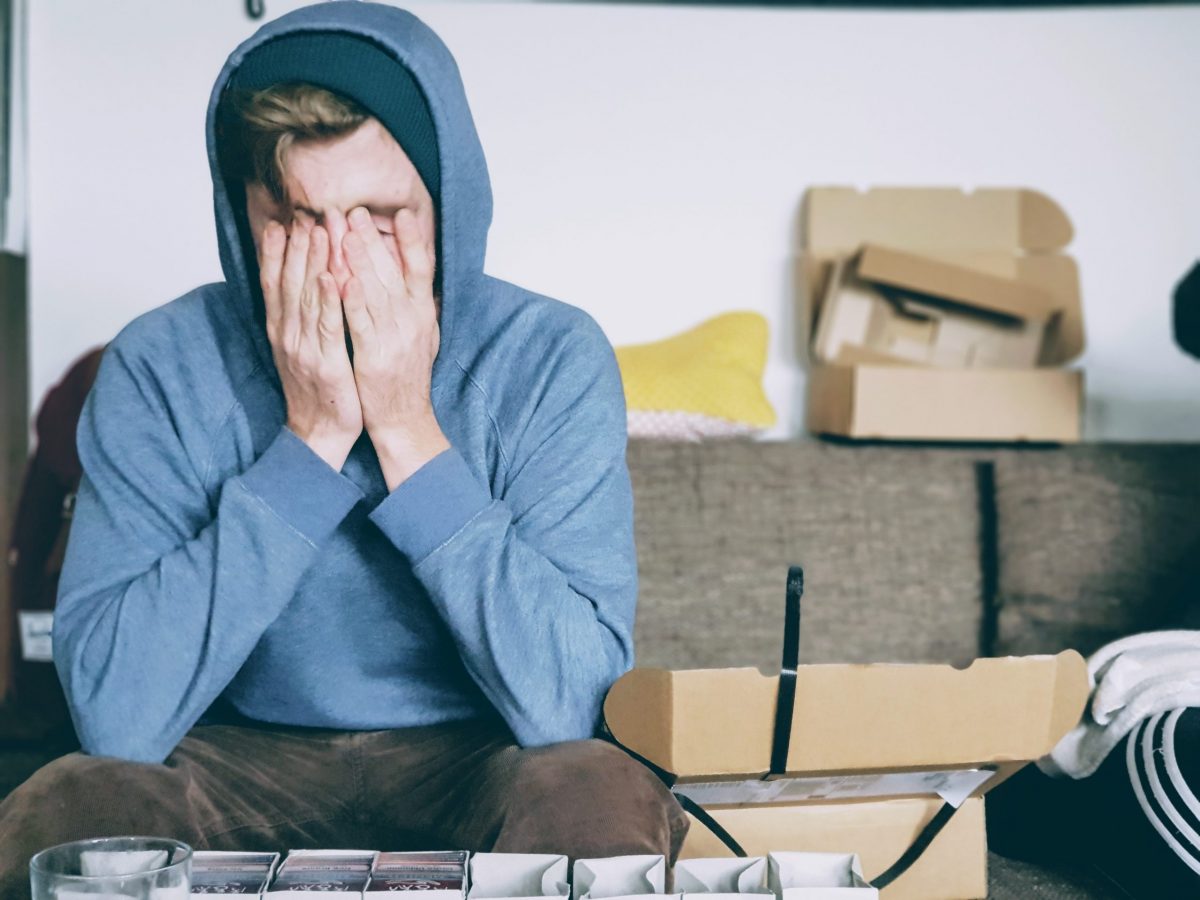Burnout has become an all-too-common affliction in our fast-paced, stressful and demanding world. It can affect anyone, from working people, professionals, students to stay-at-home parents and caregivers.
This blog is an attempt to describe what burnout is and to help you to identify and recognise the signs and possible remedies.
Burnout: What is it?
Burnout is a state of physical, emotional, and mental exhaustion that results from protracted and chronic stress. Characterized by feelings of fatigue that feel overwhelming, feeling cynical or detached from work or our responsibilities are signs of burnout. Often this results in a reduction in performance at a professional and, or personal level. Burnout doesn’t develop overnight or without signs but rather is an accumulation over time. It is a warning to pay attention to our body and mind.
Burnout has been on the rise and was further exacerbated by the Covid-19 pandemic especially among healthcare workers, parents juggling remote work and childcare and individuals experiencing social isolation. Burnout is prevalent across many demographics with women reporting symptoms of burnout more often. This may be due to higher proportions of women responsible for caregiving and being in healthcare professions.
How Do I Recognise Burnout?
- Persistent Fatigue: We are feeling tired all the time, even after a full night’s sleep
- Emotional Changes: Experiencing mood swings, increased irritability and a sense of hopelessness.
- Physical Symptoms: Muscle tension, frequent headaches and digestive problems
- Performance reduced: We are struggling to meet deadlines, our productivity is decreasing and we are experiencing poor concentration levels.
- Cynicism and Detachment: We become aware of feeling emotionally distant or disconnected from our work, our responsibilities or personal relationships.
- Lack of Self Care: Ignoring our health, exercise, eating unhealthily.
- Social Withdrawal: We are isolating ourselves from friends, family and social activities.
How Can Burnout Be Alleviated?
Once we recognise we are experiencing burnout, we can take steps to learn strategies to counter the range of symptoms experienced.
- Self-Care: Prioritising our self-care, which can include exercise, eating well and getting sufficient, good quality sleep.
- Setting Boundaries: Learning to establish clear boundaries between our working and personal lives can help to prevent overextending ourselves.
- Seeking Support: Reaching out to friends, family or a therapist to talk through what we are feeling and experiencing.
- Learning to Manage Stress: Learning techniques like mindfulness, meditation or yoga to help reduce our stress levels.
- Taking Breaks: Regularly scheduling short breaks during the workday to recharge. This could be a short walk or sitting down to have lunch rather than ‘on the go’.
- Time Management: Learning to manage our time more effectively and trying to delegate tasks when possible. We don’t have to do it all and the fact we can’t doesn’t make us ‘weak’.
- Re-evaluate Our Priorities: Creating an inventory can help us to assess the importance of our goals and priorities, enabling us to make the necessary amendments.
- Professional Help: If you notice that your burnout has become severe and is feeling unmanageable, consider professional help or therapy.
Burnout is a widespread and a serious issue affecting individuals in various roles and industries. Recognizing the signs, prioritizing self-care, and seeking support are essential steps to prevent and combat burnout. As we continue to navigate the challenges of the modern world, addressing burnout becomes increasingly important for our physical, emotional, and mental well-being.
